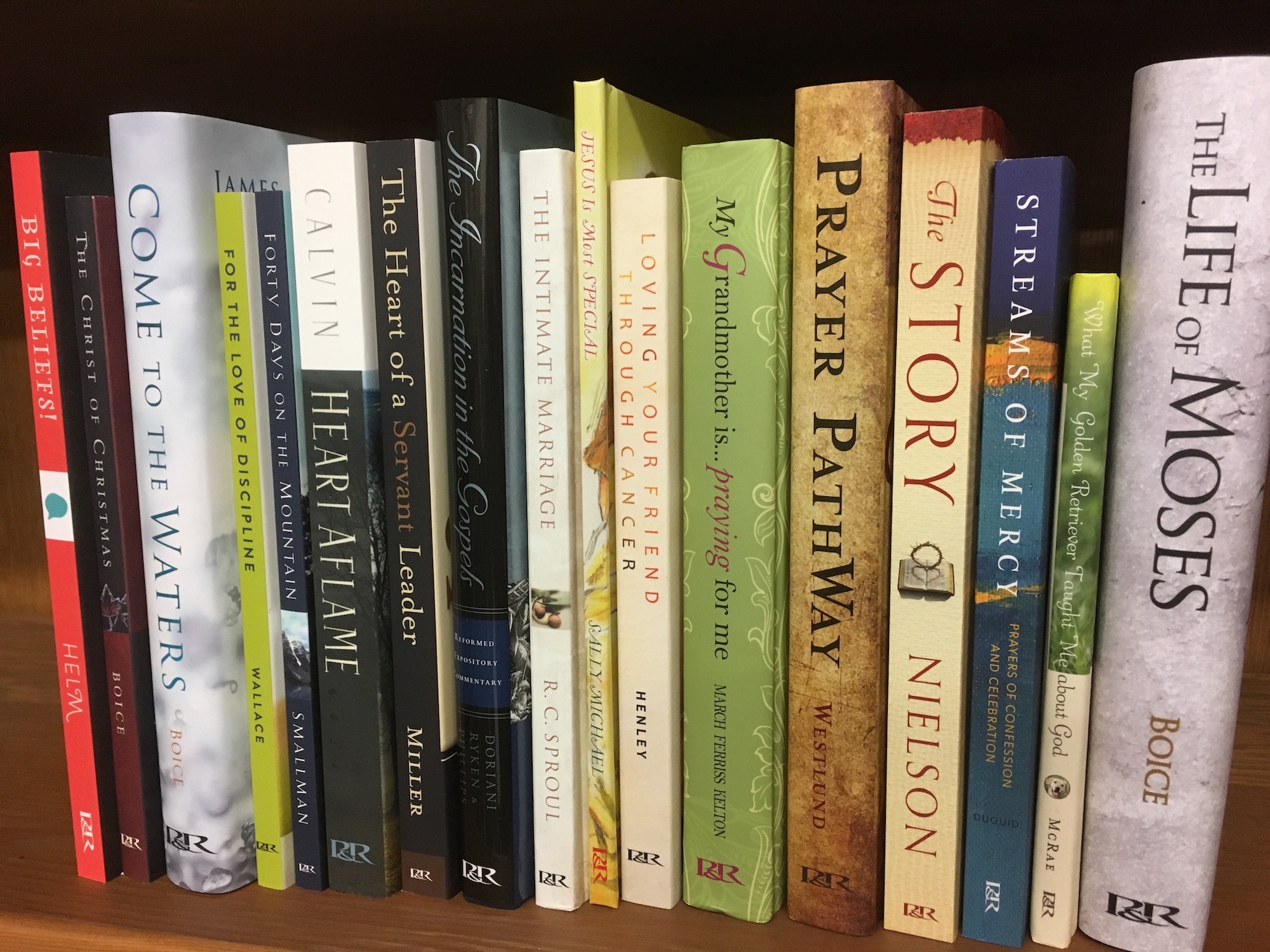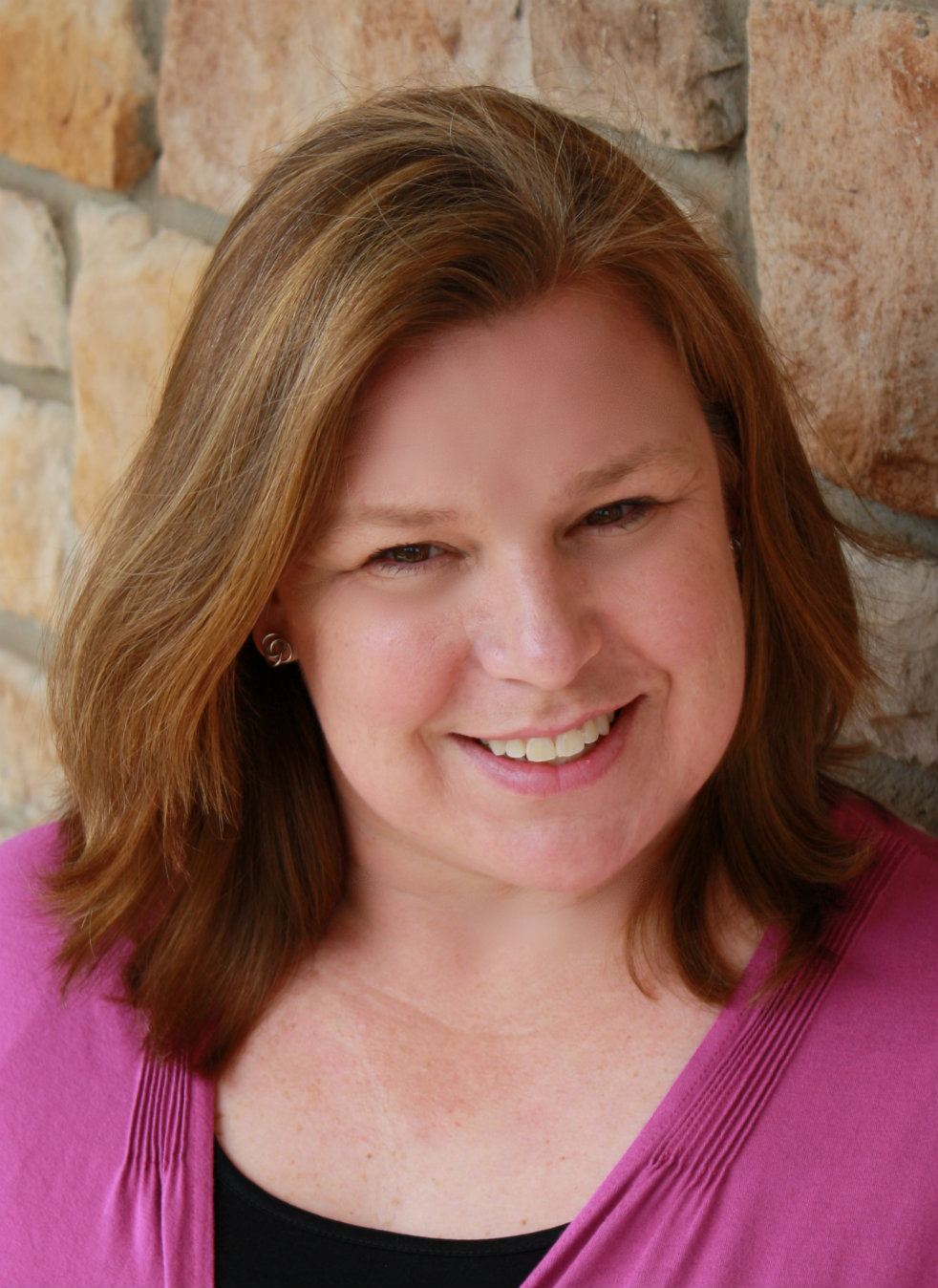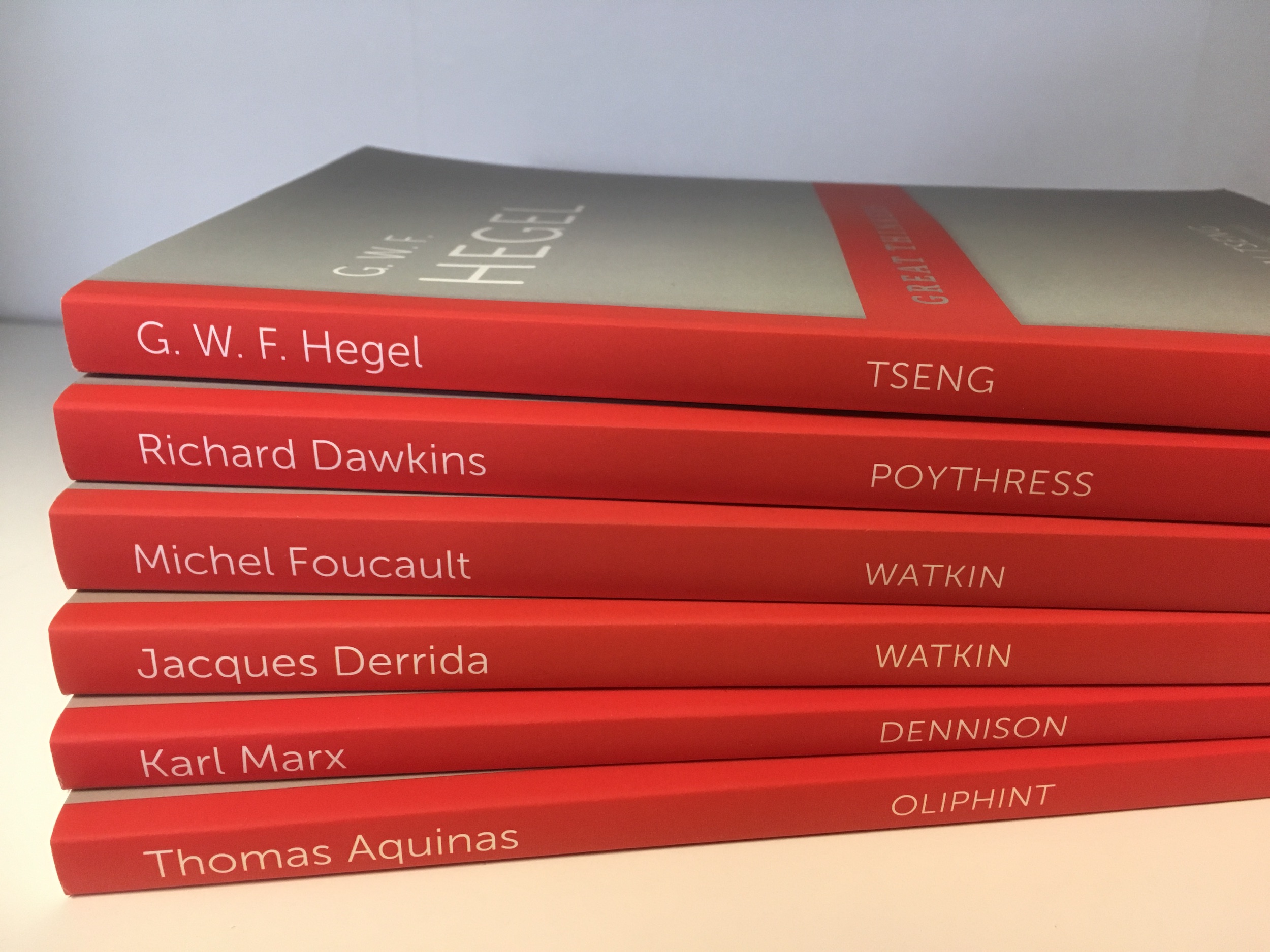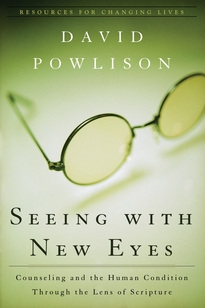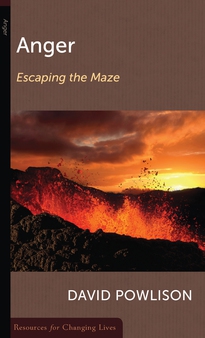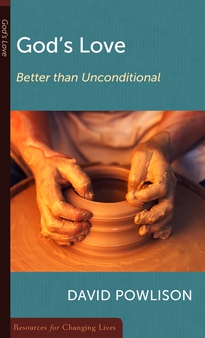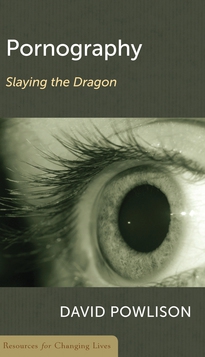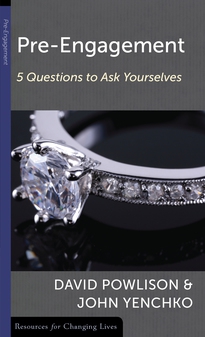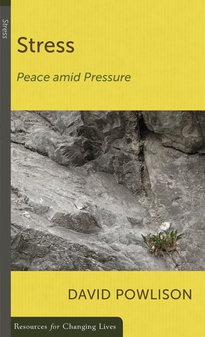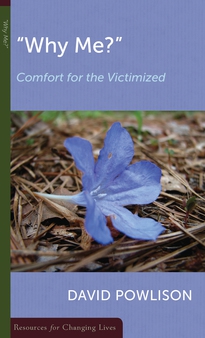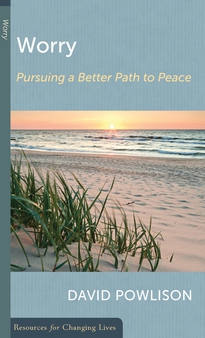Here is an excerpt taken from the Preface of Beyond the Ninety-Five Theses: Martin Luther’s Life, Thought, and Lasting Legacy by Stephen J. Nichols.

Preface
Martin Luther stepped out of the Black Cloister in Wittenberg. In this building he and his fellow Augustinian monks, university scholars, and students taught and learned, ate and drank, prayed and slept. Here Martin Luther lived. Here, too, he wrote. He passed through the gate and headed west, guided by the bell tower and steeple of the Schlosskirche, or Castle Church, that rose over the town of Wittenberg. Luther likely could make the trip in his sleep. One kilometer later he arrived at his destination.
Martin Luther had been troubled in the months of 1517. In fact, Martin Luther had been troubled for the past dozen years and, sadly, more years still. In 1505 he had found himself caught in a violent thunderstorm, which he had taken to be nothing less than God’s judgment over his soul and God’s way of snuffing out his life. Having no alternative, Luther had cut a deal. He would enter the monastery, devoting his life to the quest for piety and peace with God—if only God spared his life from the crashing thunder and streaking lightning.
In the years leading up to 1517, Luther’s troubles increased. Peace seemed ever more to elude him. He had high hopes for the church—and at the time there was only one, the Roman Catholic Church—yet he experienced wave upon wave of disillusionment. His trip to Rome, the Holy See, left him utterly deflated.
Then Luther started to hear stories that made his skin crawl and his stomach churn. In the neighboring regions, an indulgence sale was occurring. The Peter Indulgence, as it was called, resulted from a deal struck by Albert, Archbishop of Mainz, and Pope Leo X. Unprecedented, the indulgence offered purchasers a free pass to paradise, no need to stop in purgatory. It also offered release from purgatory for one’s relatives, one’s suffering relatives. All one had to do was throw a coin into the coffer.
That summer, Luther managed to get a copy of “The Summary Instruction.” This document, prepared by Albert and his theologians, gave explicit instructions to the indulgence sale preachers—Luther called them “hawkers.” The document was troubling enough, as it made a mockery of church law. What made the matter far worse was that Luther’s own parishioners from Wittenberg were traveling to Albert’s region, purchasing indulgences, and spiraling downward in their lives. What incentive did they have to do otherwise? They had their indulgence. They had their Get Out of Jail Free card.
Luther poignantly felt the strain. The indulgence had the Pope’s seal of approval, yet it was patently without warrant. Luther’s inward tensions mounted as he could not help but see the damage being done.
As fall came to Wittenberg, the air grew crisper, and the leaves changed their colors, Luther could be silent no more. He was a Doctor of Sacred Theology. He was a priest. He had training, and he held a position that obligated him to serve the church, even if that meant calling the church out. So he filled his inkwell, sat at his desk, and set to work.
By the time he finished writing, he had ninety-five separate arguments and observations on the indulgence sale. He readied himself for a debate. He wrote a letter to Albert, Archbishop of Mainz, that same day. Luther planned to post the letter along with a copy of his theses where his fellow Wittenberg scholars could engage the debate. He took his copy and a mallet and headed west out the gate to the Castle Church doors.
Five hundred years later, we celebrate this moment in history—for it made history. What Luther did on that last day of October in 1517 started the Protestant Reformation, impacting both church and culture for five full centuries and counting. It was truly a remarkable event, executed by one of history’s most colorful figures.
The posting of the Ninety-Five Theses to the church door stands as the epochal moment in Luther’s life. But it does not stand alone. Other defining moments would come after October 31, 1517. Much more would flow from Luther’s quill and inkwells than the Ninety-Five Theses.
This book offers a guided tour of Martin Luther’s life, writings, and thought. It is offered not in the hope that we merely enshrine Luther and his legacy but that in the hope that we too might find the same confidence in God, the Mighty Fortress; in God’s sure and certain Word; and in Christ and his finished work on the cross—alone. May we look back and be filled with gratitude for Luther’s life and legacy.
May we also look ahead. If Christ delays his return and the church sees the year 2517, will there be cause to celebrate our acts and our legacy?
Our celebration of the past reminds us of our obligation in the present and our commitment to the future. Looking ahead seems to be the best way to celebrate the five-hundredth anniversary of Martin Luther’s posting of the Ninety-Five Theses.
Excerpt taken from the Preface of Beyond the Ninety-Five Theses: Martin Luther’s Life, Thought, and Lasting Legacy by Stephen J. Nichols.

